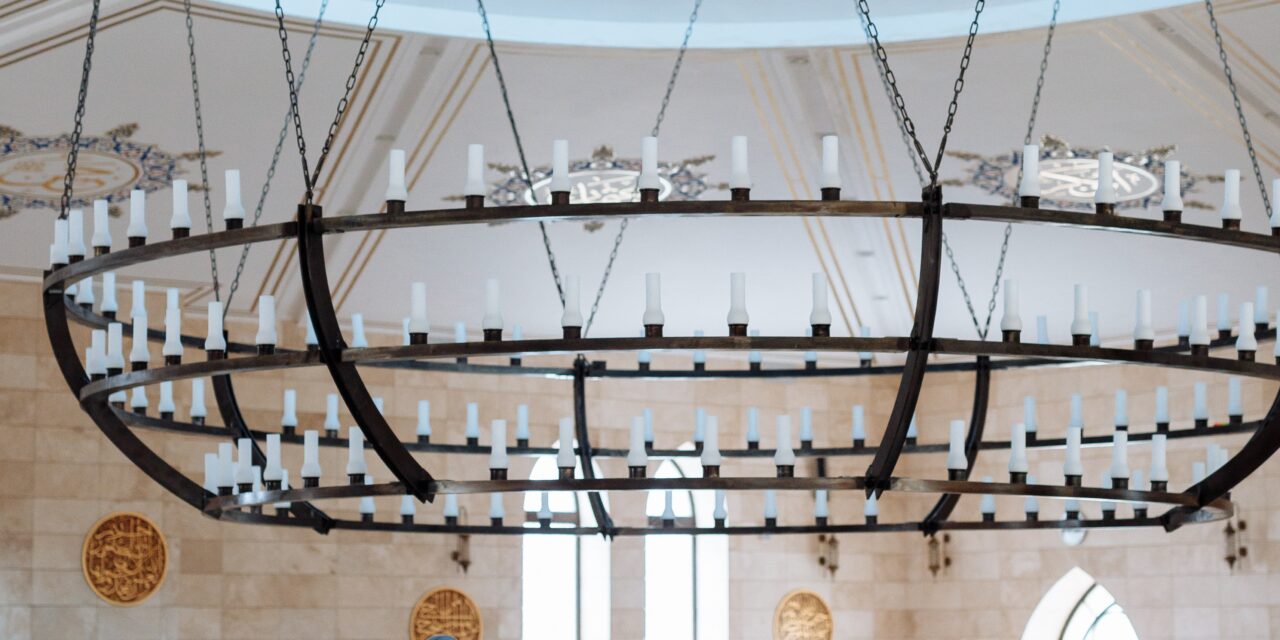The Importance of Prayer in Islam
Prayer is one of the most fundamental practices in Islam and is considered to be a direct link between the individual and Allah. It is the second of the Five Pillars of Islam and is performed five times a day as a form of worship and submission to Allah. In Islam, prayer is considered to be an essential aspect of a Muslim’s daily routine and is seen as a means of purifying the soul, connecting with Allah, and seeking guidance and forgiveness.
The Holy Quran, the revealed book of Islam, places great emphasis on the importance of prayer. In various verses, Allah commands Muslims to perform prayer and states that it is a means of attaining His forgiveness. For example, in verse 45 of Surah Al-Baqarah, Allah says, “Establish prayer, for prayer restrains from indecency and evil.”
Similarly, the Sahih Hadeeths, the collection of the sayings and actions of Prophet Muhammad (peace be upon him), also emphasize the importance of prayer. The Prophet (peace be upon him) is reported to have said, “The first thing that a person will be questioned about on the Day of Judgment is his prayer. If it is in order, then the rest of his deeds will be in order, but if it is not, then the rest of his deeds will not be in order.”
Prayer is not just a physical act of worship but also involves mental and spiritual preparation. A Muslim must purify his intention and concentrate fully during the prayer, demonstrating his submission and humility before Allah. The prayers are performed facing the Kaaba in Mecca, symbolizing the unity of the Muslim community and their common focus on the worship of Allah.
There are five daily prayers in Islam, and they are called:
- Fajr: performed before sunrise.
- Dhuhr: performed after the sun has passed its zenith.
- Asr: performed in the late afternoon.
- Maghrib: performed just after sunset.
- Isha: performed in the evening after the twilight has disappeared.
These prayers are considered to be obligatory for all adult Muslims and are performed at specific times each day. The exact timings of the prayers can vary depending on the location, but they are calculated based on the position of the sun. In addition to the five daily prayers, there are other forms of prayer in Islam that hold special significance, such as the Friday prayer, Taraweeh prayer, and voluntary prayers. These prayers serve as a way for Muslims to connect with Allah and gain additional reward.
In addition to providing spiritual benefits, prayer also has practical benefits in the daily life of a Muslim. For example, it serves as a form of self-discipline and helps to regulate the individual’s daily routine. By performing prayers at set times each day, a Muslim is able to maintain a sense of balance and prioritize his or her religious obligations, even amidst the busyness of daily life.
Prayer is also a means of seeking refuge from the trials and temptations of life. In times of hardship or difficulty, a Muslim can turn to prayer and find comfort and solace in the presence of Allah. As stated in verse 201 of Surah Al-Baqarah, “And when you have completed your prayer, remember Allah, standing, sitting, or lying on your side.”
In conclusion, prayer is a central and indispensable aspect of Islam and plays a crucial role in the spiritual development of a Muslim. Through regular prayer, a Muslim is able to maintain a connection with Allah and seek His guidance and forgiveness. The importance of prayer is emphasized throughout the Holy Quran and the Sahih Hadeeths, and it is an act of worship that benefits both the individual and the community as a whole.
In addition to the five daily prayers, there are other forms of prayer in Islam that hold special significance. One such prayer is the Friday prayer, or Jumu’ah, which is performed in congregation on Fridays and replaces the midday prayer. The Friday prayer serves as a reminder of the importance of community and gathering together for the worship of Allah.
Another significant form of prayer in Islam is the Taraweeh prayer, which is performed during the month of Ramadan. Taraweeh prayer is a special night-time prayer that is performed after the evening prayer and is a way for Muslims to gain additional reward and draw closer to Allah during the blessed month.
Lastly, there are also voluntary prayers that a Muslim may perform in addition to the five daily prayers. These prayers can include extra units of prayer, known as Sunnah or Nafl, and special prayers for specific occasions or events, such as the Eid prayer or the funeral prayer.
In summary, prayer is a vital aspect of a Muslim’s daily life and holds immense spiritual and practical importance. Regular performance of the five daily prayers, as well as other forms of prayer, helps to maintain a connection with Allah and serves as a means of seeking His guidance and forgiveness. Whether performed individually or in congregation, prayer serves as a reminder of the importance of humility and submission to Allah and helps to cultivate a strong relationship with Him.

